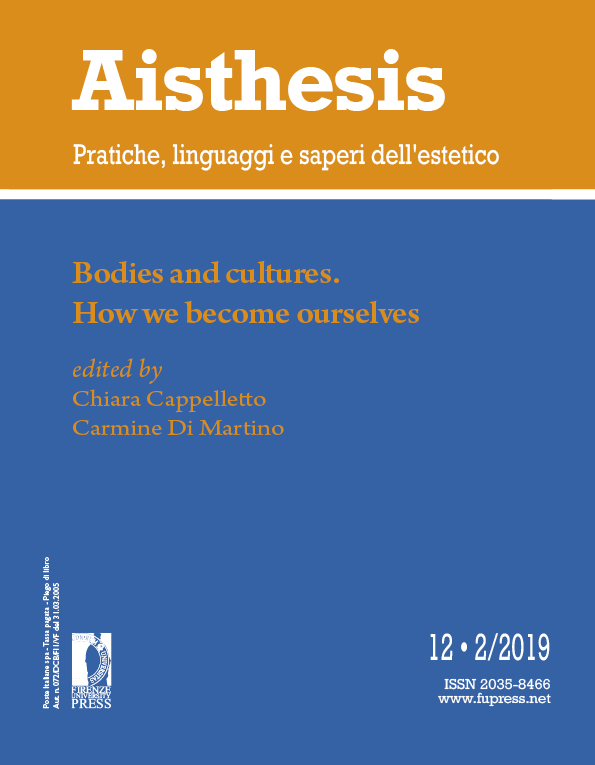Published 2019-11-13
Keywords
- Florens Christian Rang, messianic Interpretation, Conversion, Shakespeare
How to Cite
Abstract
We present here for the first time an italian translation of Rang’s Vom Weg messianischer Deutung (On the Way of Messianic Interpretation): the introductory essay on the work on Shakespeare’s sonnets. This work remained unfinished and was only partially published posthumously by Rang’s son, Bernhard, in 1954, with the title Shakespeare der Christ. Eine Deutung der Sonette (Shakespeare the Christ. An Interpretation of sonnets). The translation is accompanied by a comment essay on Rang’s text. This comment essay firstly aims to contextualize both the work on Shakespeare and the very complex and still little researched figure of Florens Christian Rang; secondly, it addresses the most important conceptual issues that the essay presents. With a strongly programmatic nature and, at the same time, with an expressionistic style, which is as obscure as it is visionary, Vom Weg messianischer Deutung presents the method of messianic interpretation in contrast with the classical-romantic one of the pneumatic interpretation. What is at stake is a perspective that challenges the autonomy of art in order to place the Kunstwerk in the series of all the works of divine creation to transform it in faith work (Glaubenswerk). It is the point of view of the Last Judgment that leads the way. The messianic critique of art reveals to be only a particular case of messianic world critique (messianischen Weltkritik), literally a critique of the world (Welt-Kritik), which redirects itself to the world. It is the movement of conversion (Umkehr) which breaks with the false dualism of Romanticism, according to which the spirit (pneuma) is divided in two: on the one hand, there are the experience, the world, the science, on the other hand, there is the art as pure mirroring of forms. Through the messianic interpretation, the spirit returns to be body, flesh. It follows the permanent movement of creation, namely the continuous conversion from God to the world and from the world to God. In this sense, according to Rang, Shakespeare’s sonnets exemplify the faith work: their poetic word names the messianic unity of body and spirit. They are crystals within which all creatural life, the great stages of the divine creation, are concentrated.


